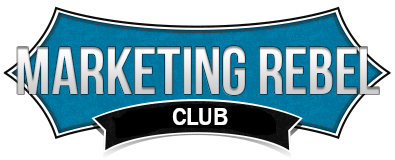Sorry. This valuable information is available only to the lucky people who are members of the Marketing Rebel Insider’s Club
The good news is you can take care of that right now.
You can be a full member in just a few minutes…
For less than $1 a day, MRIC Members have exclusive access to –
- Hundreds of original lessons (video, audio, and written) by John Carlton, David Deutsch, and other renowned marketers. Each lesson is designed to provide you with actionable strategies, processes, tools, and tips.
- Samples of premium, high-priced Marketing Rebel products and coaching programs. Members get serialized versions of our most popular training programs. Things like John Carlton’s Best Ads (his personal swipe file). Each ad includes his commentary so you can go behind the scenes and learn how each ad was created and why it worked.
- The ability to tap into the collective knowledge of the Marketing Rebel Insider’s Team (including John Carton and David Deutsch) and hundreds of other Club members to get questions answered in our interactive learning environment.
- And more. A lot more. Including discounts and opportunities available only to our Insider’s Club members.
You’re getting detailed lessons and tips engineered to help advanced marketers, experienced business owners, and those just starting out and looking for their first success.
Head over to this page for all the details.
We’d love for you to be part of our Marketing Rebel Community.
If you are a member of the Marketing Rebel Insider’s Club, log in at the top of this page and you’ll be good to go.
If that doesn’t work, please open a support ticket at MarketingRebelSupport.com. We’ll get back to you quickly.
